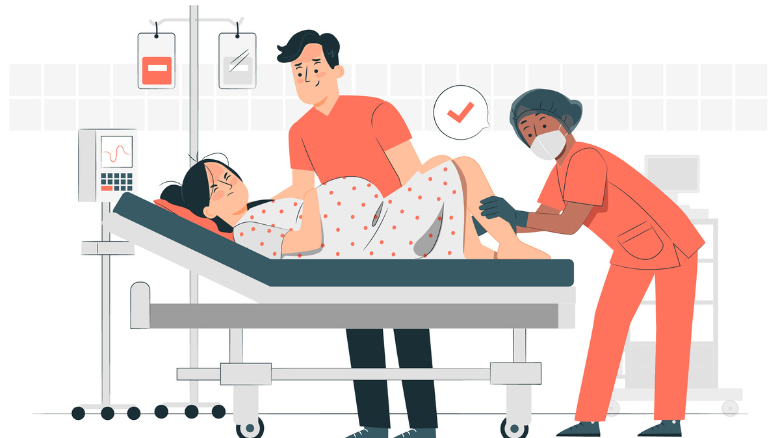
When a gynaecological emergency strikes, prompt medical attention can be the difference between a quick recovery and prolonged discomfort—or worse. Emergency care in gynaecology hospitals plays a crucial role in managing conditions that require immediate intervention, such as severe abdominal pain, heavy bleeding, or unexpected complications during pregnancy. This type of care is essential not just for the immediate relief of symptoms but also for the long-term health and well-being of women. Are you aware of how critical emergency care is in safeguarding women's health in urgent situations?
Have you ever wondered what happens behind the closed doors of a gynaecology emergency room?
Key takeaways
- Immediate Response: Gynaecological emergencies demand quick medical responses to prevent severe complications
- Common Emergencies: Conditions like ectopic pregnancies, ovarian torsion, and severe pelvic pain require urgent care
- Recognising Symptoms: Early identification of symptoms can lead to quicker treatment and better outcomes
- Timely Treatment: Access to specialised emergency care can dramatically improve recovery rates
- Healthcare Access: Understanding when and where to seek help is vital for effective emergency management
Importance of Emergency Care in Gynecology Hospitals
The importance of emergency care within gynaecology hospitals cannot be overstated. Such care provides a lifeline for women experiencing sudden and severe health issues. When an emergency arises, having access to a facility equipped with the resources and expertise to handle complex gynaecological cases ensures that women receive the care they need without delay. This care is vital, not just for the immediate physical health of the patient, but also for their emotional well-being, as emergencies often bring about anxiety and fear.
In India, where access to specialised healthcare can vary significantly between urban and rural areas, emergency care in gynaecology is particularly critical. Urban hospitals often have better-equipped emergency departments, but rural areas may face challenges in providing the same level of care. This disparity underscores the need for awareness and preparedness among women about the options available to them. Knowing the closest facility that can handle gynaecological emergencies can be life-saving in critical situations.
Moreover, gynaecological emergencies often involve complex medical scenarios that require a multidisciplinary approach. For instance, an ectopic pregnancy can quickly become life-threatening if not addressed promptly. A well-coordinated team of specialists, including obstetricians, gynaecologists, and anaesthesiologists, is essential to manage such crises effectively. These professionals work together to provide comprehensive care, ensuring that every aspect of the patient's health is considered.
Beyond the immediate medical interventions, emergency care in gynaecology hospitals also involves post-emergency support. This might include counselling, follow-up appointments, and rehabilitation services, which are crucial for a patient's recovery and mental health. Such holistic care reinforces the importance of emergency services, as it addresses not only the physical but also the emotional and psychological needs of patients.
Conclusion
The significance of emergency care in gynaecology hospitals is multifaceted. It provides essential medical interventions during critical moments, helps bridge the healthcare access gap, and ensures comprehensive care through a team-based approach. As a woman in India, understanding and accessing these services can make all the difference when facing a gynaecological emergency.
Harsha Hospitals provides 24/7 emergency care in gynecology. From sudden pelvic pain to heavy bleeding and complications, our experienced team ensures fast, expert response for all critical women’s health needs.


